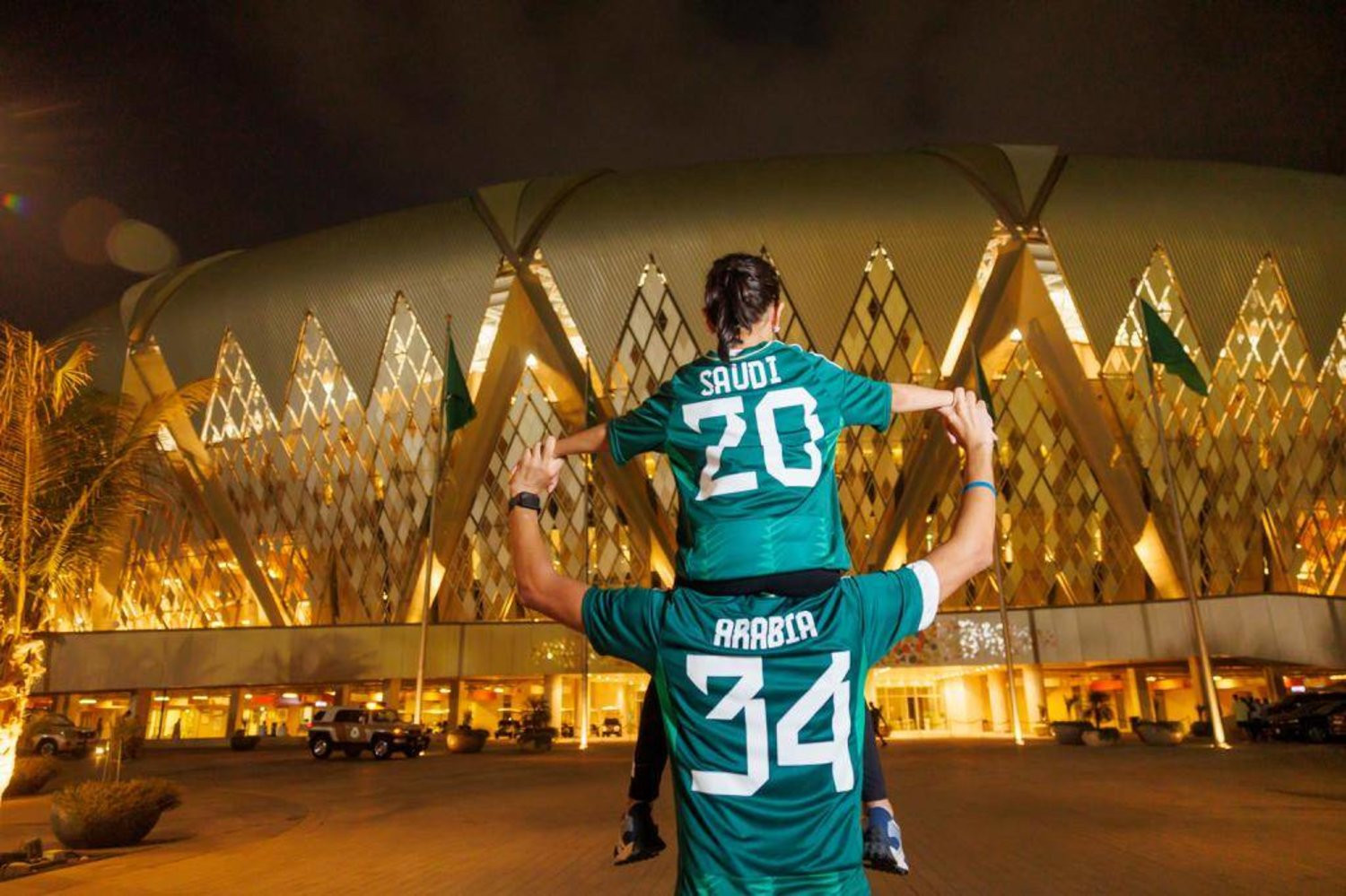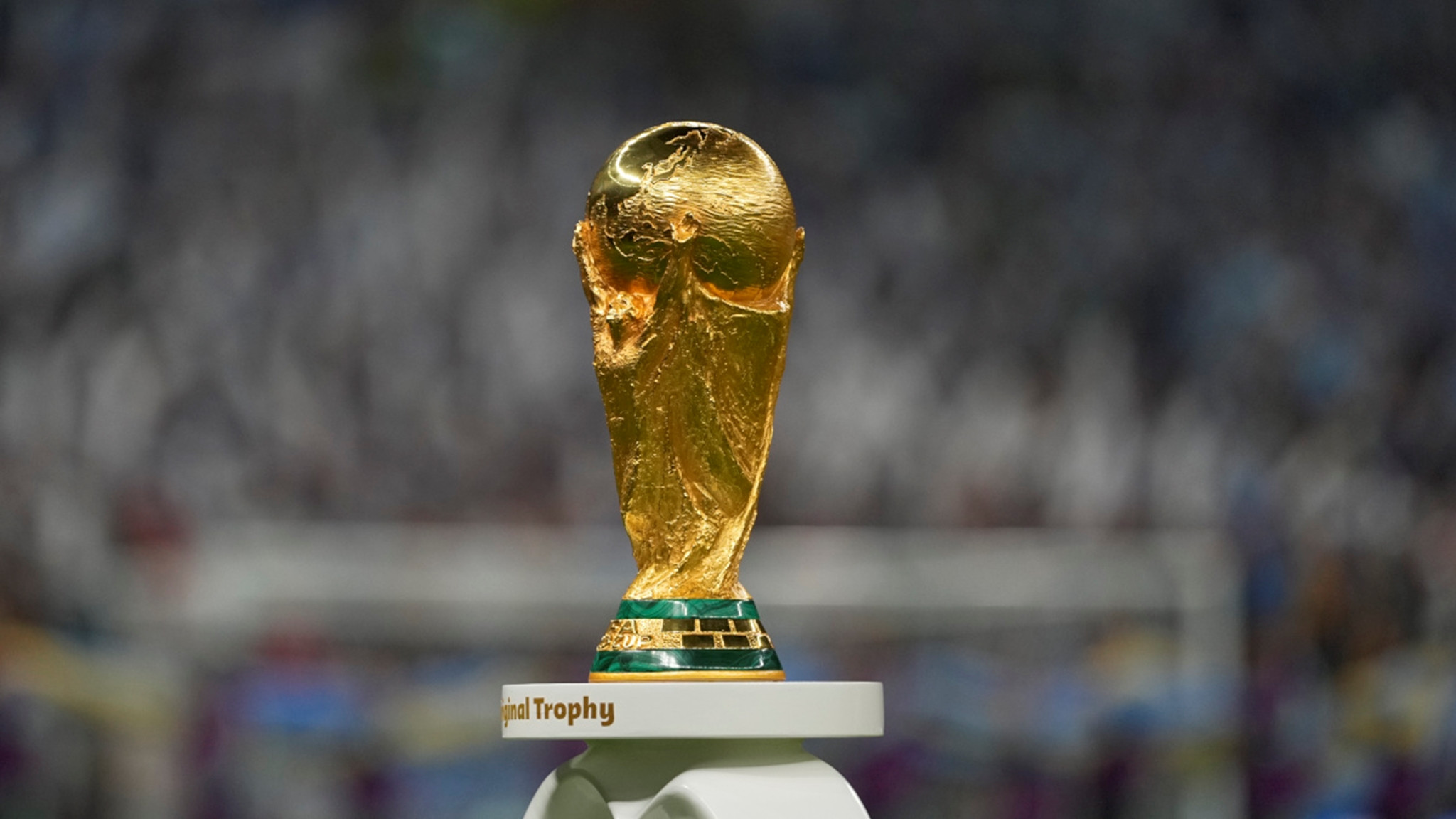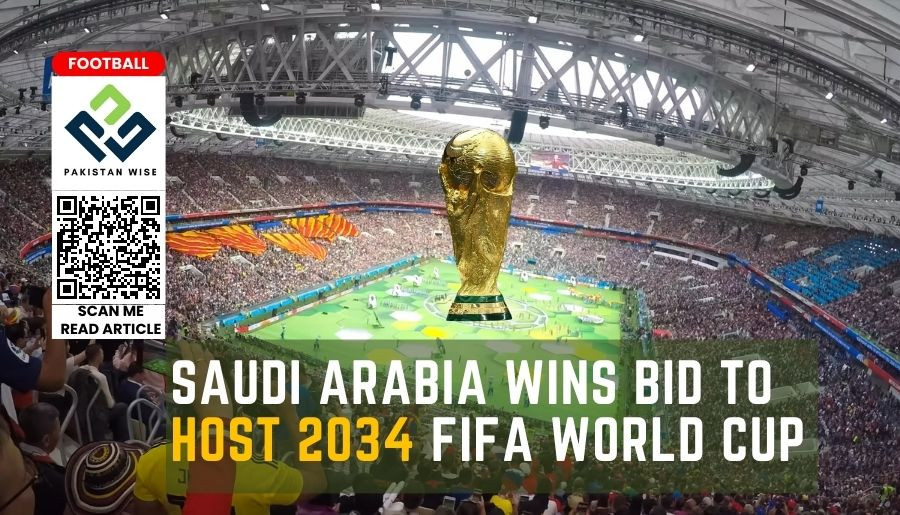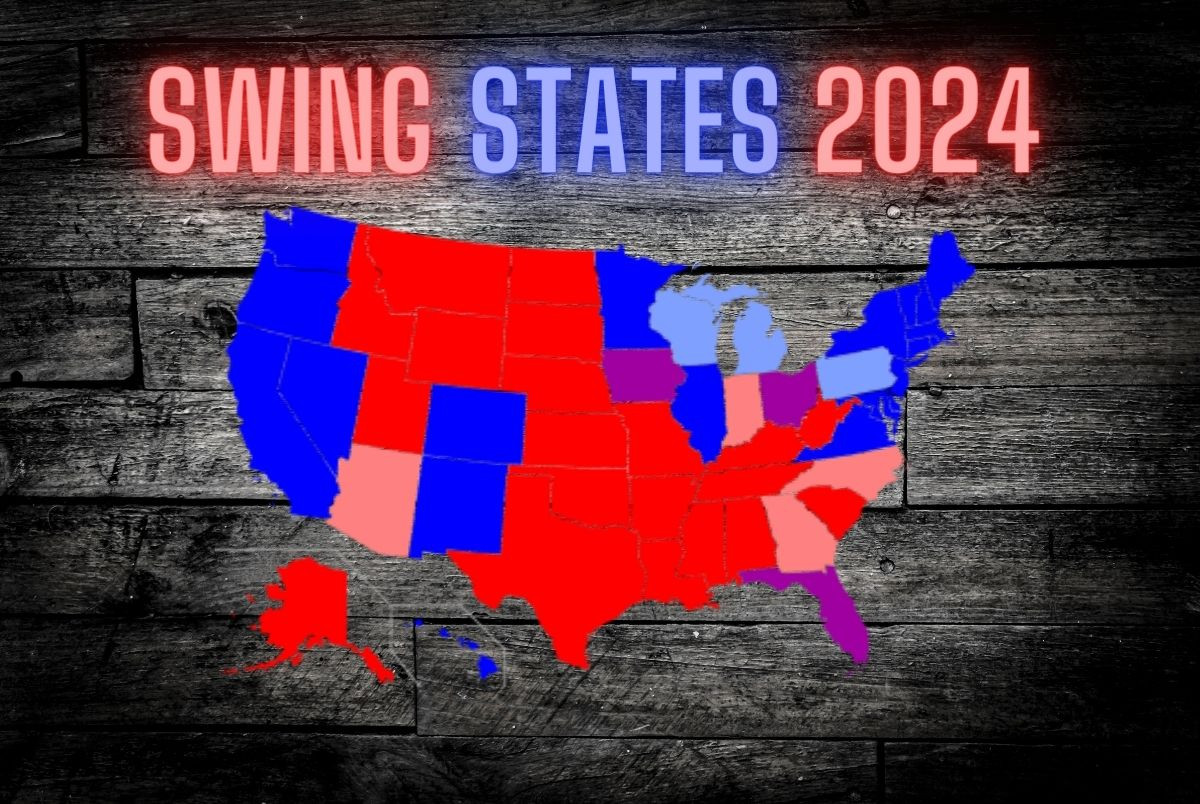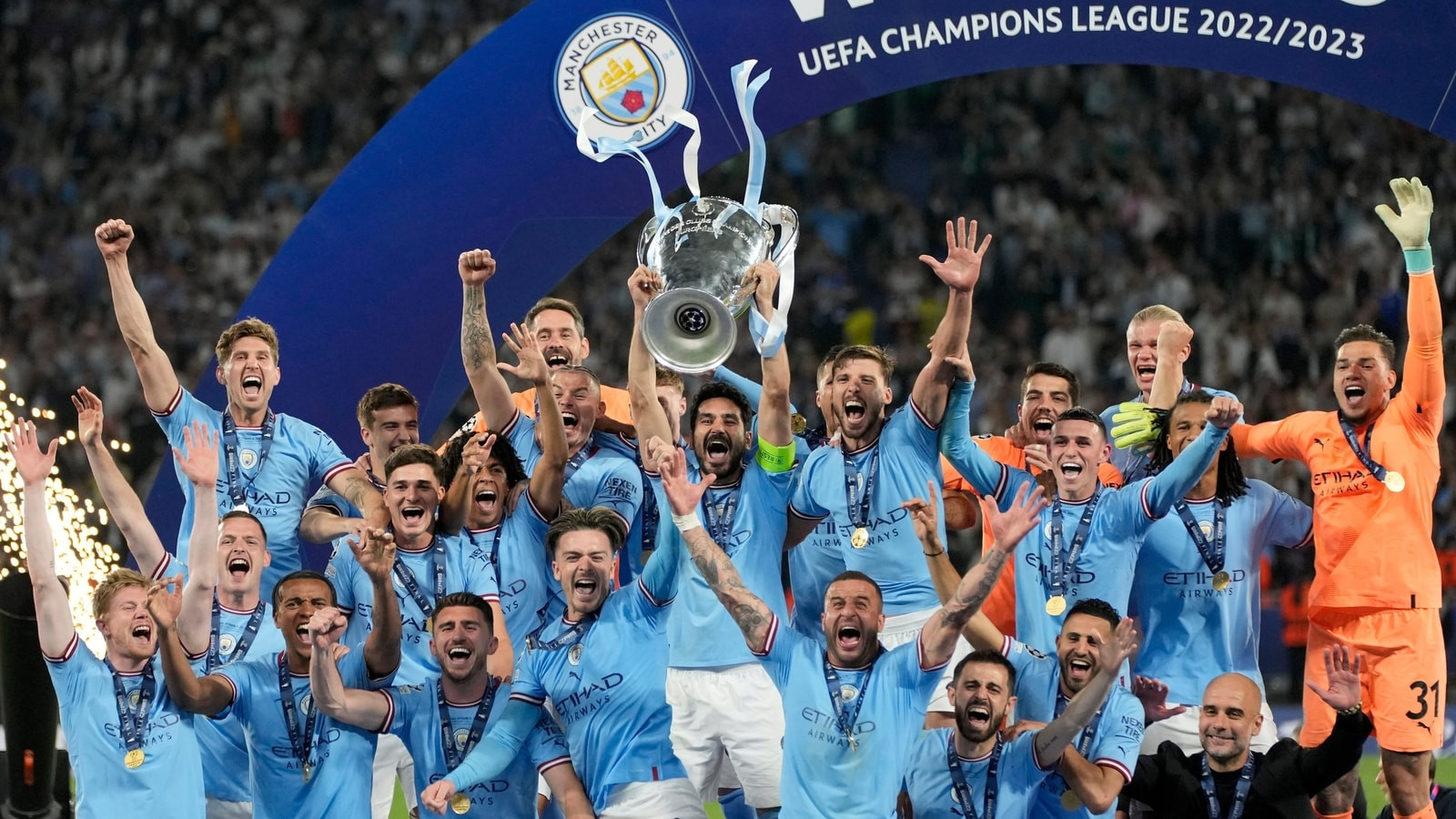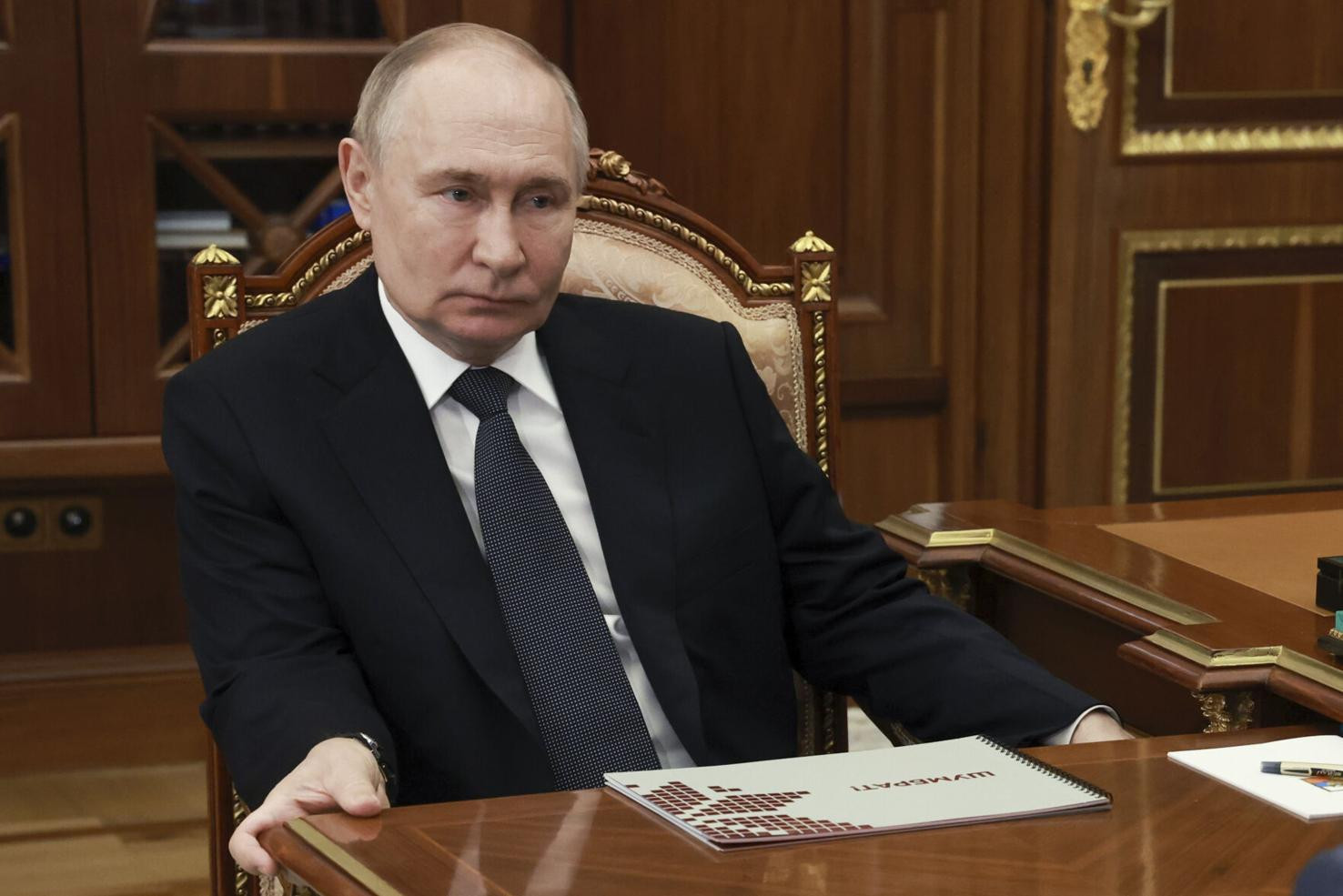Saudi Arabia Awarded 2034 FIFA World Cup: A Controversial Decision
The global soccer governing body, FIFA, has officially announced Saudi Arabia as the host nation for the 2034 men's World Cup. This decision, while not entirely unexpected given the lack of competing bids, has ignited a firestorm of controversy. The announcement follows the awarding of the 2030 World Cup to a joint bid from Spain, Portugal, and Morocco, a decision which has also faced some criticism, although far less intense than that surrounding the 2034 selection.
Saudi Arabia's Vision 2030 and Sports Investments
To fully grasp the significance of this decision, we need to examine Saudi Arabia's broader strategy. The bid is not an isolated event but rather a key component of the nation's ambitious Vision 2030, a project spearheaded by Crown Prince Mohammed bin Salman (MBS) to diversify the Saudi economy and elevate the kingdom's global standing. Billions have been invested through the Public Investment Fund (PIF) into various sports, including golf, boxing, esports, and Formula One, all part of an orchestrated push to reshape the Saudi image and economy.
Football's Central Role
Saudi Arabia's focus on football, arguably the world's most popular sport, has been particularly pronounced. The acquisition of the English Premier League team Newcastle United and the influx of football legends like Cristiano Ronaldo, Karim Benzema, and Neymar Jr. into the Saudi Pro League (SPL) are key examples of this aggressive investment strategy. This strategic maneuvering has also fostered a public relationship between MBS and FIFA President Gianni Infantino, further facilitating investment from the Gulf nation into the sport. Securing the World Cup represents the pinnacle of this strategic vision, the ultimate reward for this significant investment in global football.
Human Rights Concerns and the 2034 World Cup
However, the award has been met with widespread condemnation from human rights organizations. These concerns are not new; Saudi Arabia's human rights record has been under intense scrutiny for years. The 2034 World Cup is viewed by many critics as an attempt to “sportswash” this record, using the global spotlight of the tournament to distract from and deflect criticism of the nation's ongoing human rights abuses.
Migrant Worker Exploitation
Human Rights Watch (HRW), in its report “Die First, and I’ll Pay You Later,” highlights the potential for significant exploitation of migrant workers during the construction of World Cup infrastructure. Many workers remain trapped within the “Kafala” sponsorship system, leaving them vulnerable to abuse, wage theft, and forced labor. Despite promised reforms, HRW and other organizations argue that these have been insufficient to adequately protect worker rights. The ongoing conditions of these migrant workers who will be building many of the stadiums and related infrastructure for the 2034 World Cup remain a major concern.
Other Human Rights Violations
Beyond migrant worker rights, concerns extend to press freedom, LGBTQ+ rights, and women's rights. Lina al-Hathloul, head of monitoring and advocacy at ALQST for Human Rights, shared personal experiences and highlighted the extreme limitations on freedom of speech and the severe persecution of human rights activists within Saudi Arabia. She starkly characterized the country as a “pure police state,” emphasizing the unacceptable levels of human rights abuses under MBS's rule.
FIFA's Response and Assessment
FIFA's official assessment of Saudi Arabia's bid categorized the human rights risk as “medium,” a rating disputed by numerous human rights organizations. This assessment, conducted by AS&H Clifford Chance, a Riyadh-based law firm, has been criticized for its methodology, which reportedly relied primarily on desk research and engagement with specific Saudi ministries, without independent verification from external human rights organizations. The process did not include engagement with external stakeholders or rights holders. This lack of independent oversight has fueled concerns about the objectivity and thoroughness of the assessment process.
Criticism and Calls for Reform
Amnesty International and HRW have both called on FIFA to halt the process, demanding significant human rights reforms before awarding the tournament. HRW urged a postponement until worker and women's rights, press freedom, and other fundamental human rights are effectively protected, while also demanding access to independent human rights monitoring within Saudi Arabia. This criticism echoes similar calls made before the 2022 World Cup in Qatar, which faced its own human rights challenges. Many critics believe FIFA should have learned valuable lessons from the Qatari experience rather than repeating past mistakes by hosting the next World Cup in Saudi Arabia.
FIFA's Response
FIFA, in its statement to CNN, asserted that it employs rigorous bidding processes. However, this claim has been met with skepticism, particularly given the lack of competition for the 2034 bid and the concerns raised by independent human rights organizations. The Norwegian Football Federation voiced concerns over a lack of transparency and fairness in the selection process. The apparent lack of meaningful consequences for FIFA's previous decisions to award World Cups to countries with questionable human rights records has led to the accusation that they have prioritised political and economic gains over human rights considerations.
The Future of the 2034 World Cup
The award of the 2034 World Cup to Saudi Arabia remains a deeply contentious issue. While the nation's financial and infrastructural capabilities are undeniable, the profound human rights concerns cannot be ignored. The coming years will be crucial in determining whether the tournament serves as a catalyst for positive change or merely reinforces the status quo. Independent monitoring and a commitment from both FIFA and Saudi Arabia to meaningful reforms are urgently needed to mitigate the risks and potential harms associated with hosting the world's most watched sporting event in a country with a controversial human rights record. The coming decade will be crucial in determining whether Saudi Arabia’s pledges translate into genuine improvements or remain mere rhetoric aimed at achieving a positive image for their nation.
The future of the World Cup in Saudi Arabia remains uncertain, hanging in the balance between sporting ambition and ethical considerations. Only time will tell if the tournament genuinely contributes to human rights progress or serves primarily as a tool for image enhancement.




